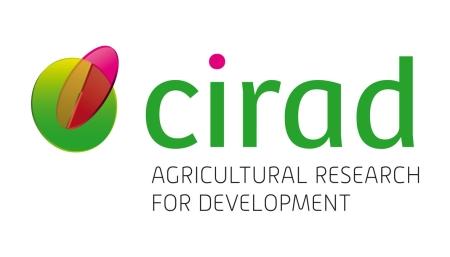Open-air Platform
Parent institution: CNRS, INRA, CIRAD
Active since 1986
Active through 1986 - present
Co-located with
- ICOS
- LifeWatch
Fields of study
- Climatology, Climate Change
- Soil science
- Mapping, GIS
- Terrestrial biology, Ecology
Contact Information
Goujon, Vincent
email: Vincent.Goujon@cnrs.fr
Courtois, Elodie
email: elodie.courtois@cnrs.fr
Derroire, Geraldine
email: geraldine.derroire@cirad.fr

